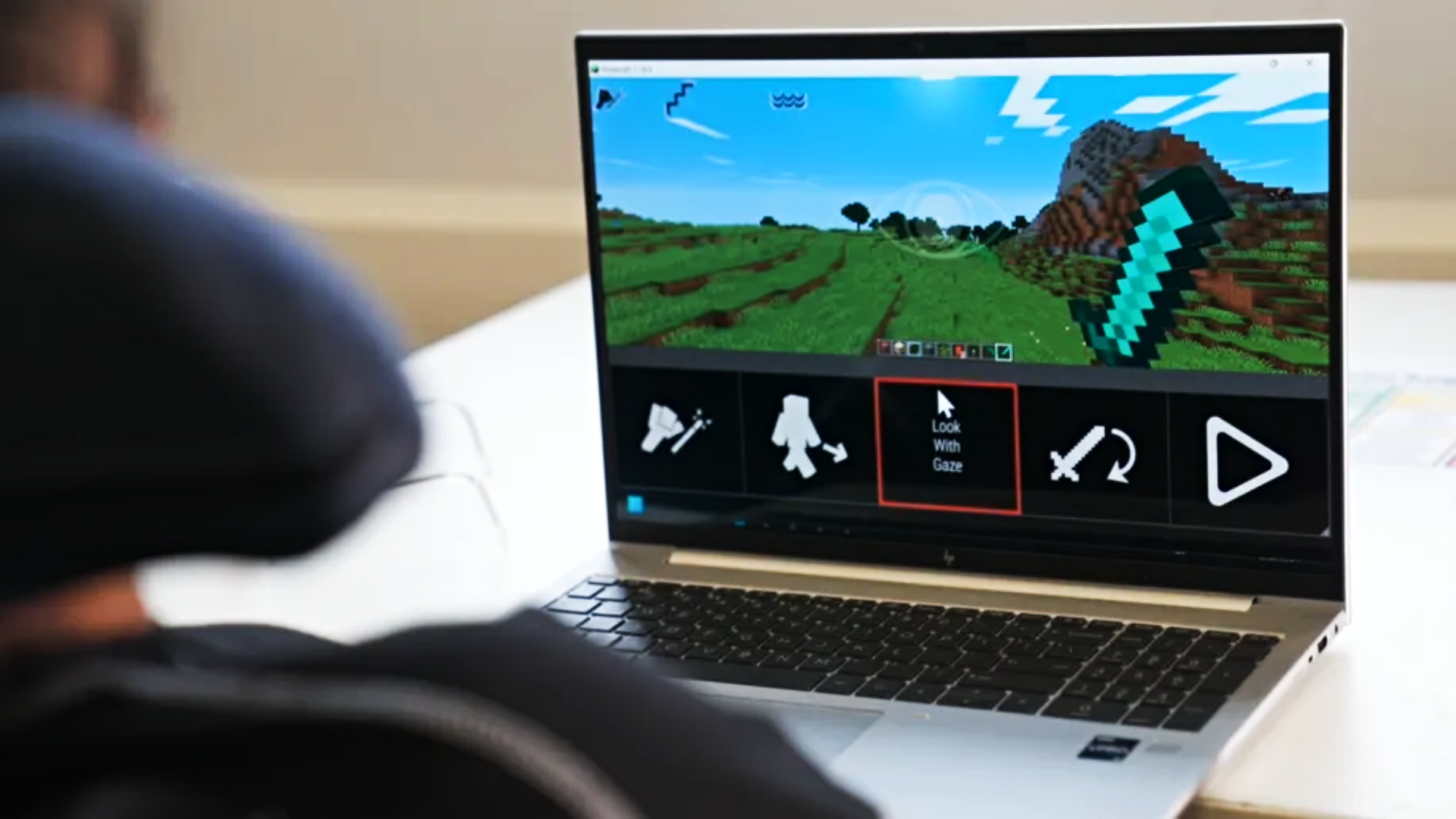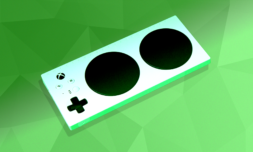Accessibility to games for disabled people used to require expensive specialist equipment. Now, sophisticated – and free – applications like MotionInput are helping to make the hobby more equitable.
Picking up a controller or a mouse is second nature to the majority of game enthusiasts, but there is a large community that sadly don’t have that option.
In the UK, 66% of gamers with a disability or condition say they face barriers of both a practical and economical nature when trying to play games. In the US, this strife is felt by roughly 46 million gamers.
For console players, both Sony and Microsoft released their own customisable gamepads which have proven useful to some, but those with severe motor impairments have had precious few options to partake.
With recent breakthroughs in ‘touchless’ technology, however, that inclusivity gap has been markedly narrowed.
Those who previously would have needed to invest heavily in specialist equipment such as eye-tracking devices can now download free software (from the Microsoft store) with a range of user-specific options and preferences.
Functional without any physical touch, MotionInput lets users create control presets that are entirely unique to them and their ability to play.
Small gestures, motions, or facial expressions visible through any modern webcam can be mapped to in-game functions. An AI machine learning system provided by Intel then ensures the game corresponds correctly.




















